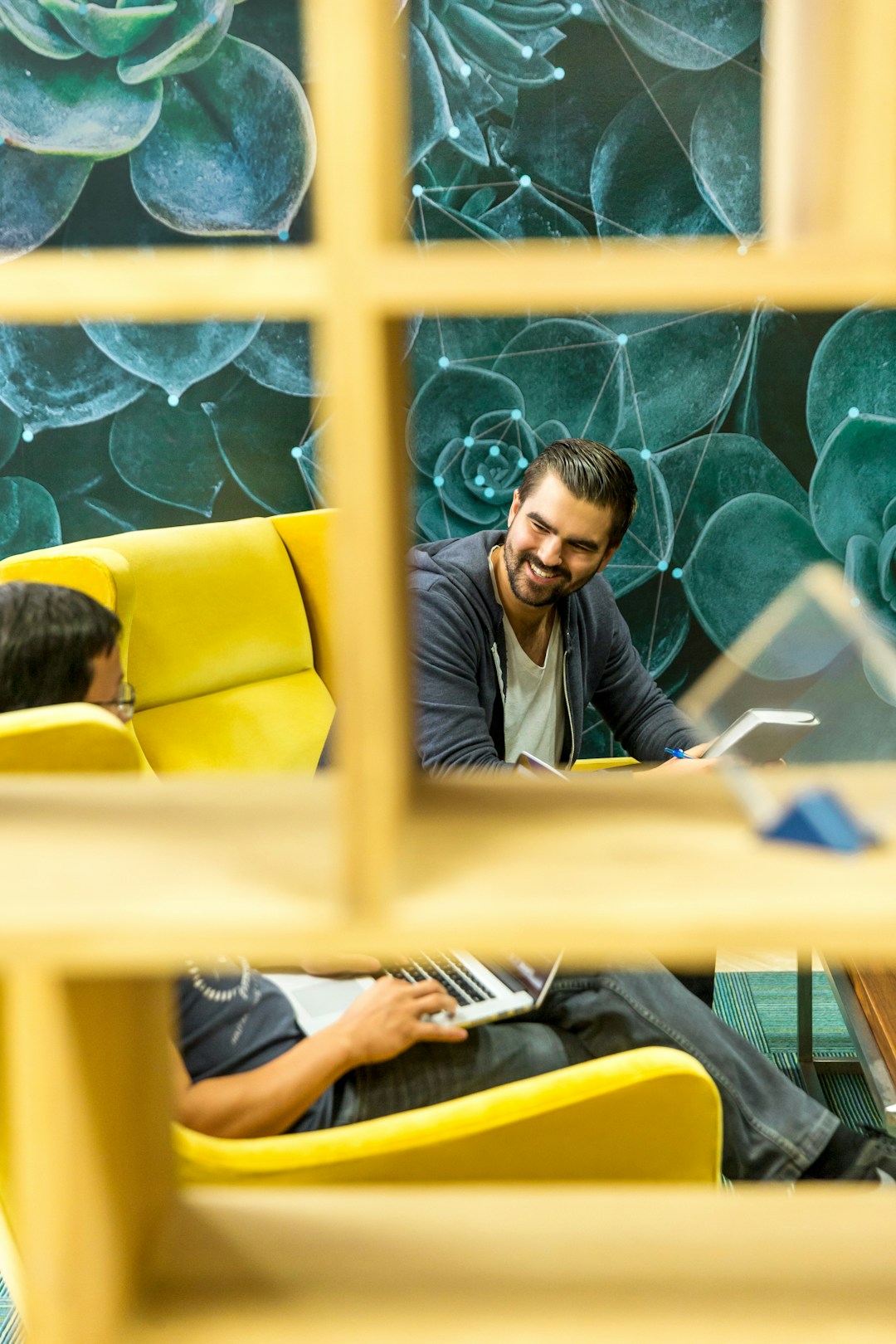Psychosocial disabilities can have a profound impact on an individual's daily life, making everyday tasks and activities a struggle. For instance, those with anxiety disorders may find it difficult to leave their homes, interact with others, or maintain relationships. Those with depression may struggle with motivation, energy, and concentration, affecting their ability to work, study, or engage in hobbies.
Moreover, psychosocial disabilities can affect an individual's self-care, leading to poor physical health, social isolation, and decreased overall wellbeing (Mind, 2022). Common barriers faced by individuals with psychosocial disabilities include:
Stigma : Societal attitudes and stereotypes can lead to feelings of shame, guilt, and embarrassment, making it difficult for individuals to seek help.
Lack of understanding : Gaps in knowledge about mental health conditions can lead to misconceptions and negative attitudes towards individuals with psychosocial disabilities.
Inaccessible environments : Physical and social barriers can prevent individuals with psychosocial disabilities from fully participating in society.
These barriers can be addressed by:
Promoting awareness and education : Raising awareness and educating the public about mental health conditions can help reduce stigma and promote understanding.
Creating inclusive spaces : Providing accessible venues, using clear and simple language, and avoiding stigma and stereotypes can create welcoming environments.
Providing accommodations : Flexible work arrangements, accessible transportation, and other accommodations can help individuals with psychosocial disabilities overcome barriers.
Access to mental health services, peer support, and advocacy : Providing access to mental health professionals, peer support groups, and advocacy services can empower individuals with psychosocial disabilities to take control of their mental health journey.
The National Disability Insurance Scheme (NDIS) has revolutionised the way we support individuals with psychosocial disabilities. The NDIS provides the necessary support for these individuals to integrate into community life, chase their goals, and build confidence. However, navigating the NDIS can be complex, especially for individuals with psychosocial disabilities. Proving the permanency of mental health conditions can clash with the NDIS structure, requiring sensitive navigation.
At Amity Mental Wellness, our experienced team can guide you through the process, ensuring you receive the support you need to thrive. Our team is enriched by individuals with neurodiversity and lived experiences, offering empathy and understanding that is real. We provide knowledgeable, heartfelt, and tailored support to each individual, empowering them to take control of their mental health journey.
Our pledge to you is to empower individuals with psychosocial disabilities to take control of their mental health journey. We provide care that is inclusive and impactful, honouring each individual's dignity and dreams. This means pushing for an NDIS that is not just reachable but resonates with the real needs of individuals with psychosocial disabilities.
What can individuals with psychosocial disabilities do to advocate for themselves?
Identify your strengths and needs
Set realistic goals
Develop a support network
Educate yourself about your rights and entitlements, including the NDIS and the Disability Discrimination Act 1992
Practice self-care, prioritise your physical and mental health, and seek support from mental health professionals and peer support groups
How can community members support and include individuals with psychosocial disabilities?
Create a welcoming and inclusive environment
Provide accessible venues, clear and simple language, and avoid stigma and stereotypes
Offer to accompany individuals with psychosocial disabilities to events, provide emotional support, and encourage them to participate in activities that bring them joy and fulfillment
What role do caregivers play in supporting individuals with psychosocial disabilities?
Provide emotional support
Help with daily tasks
Encourage independence
Help individuals with psychosocial disabilities develop a daily routine, manage their medication, and access community resources
Recognize their own needs and seek support when necessary
How can mental health professionals raise awareness and promote understanding of psychosocial disabilities?
Provide education and training to healthcare professionals, community members, and caregivers
Offer accessible and inclusive mental health services
Challenge stigma and stereotypes
Advocate for the rights of individuals with psychosocial disabilities
Collaborate with organisations like Amity Mental Wellness to create a more inclusive and supportive society


.svg)


















